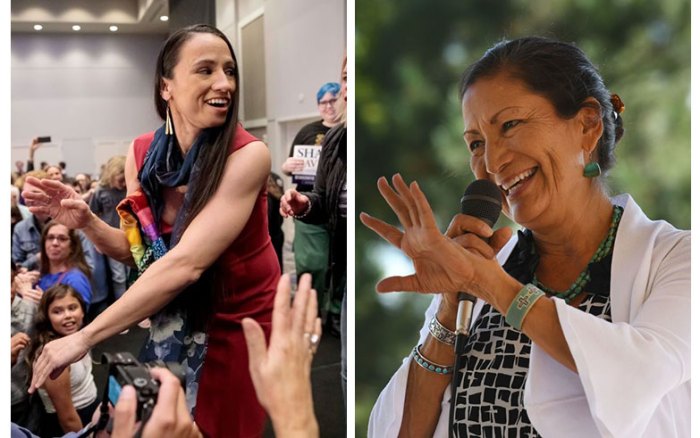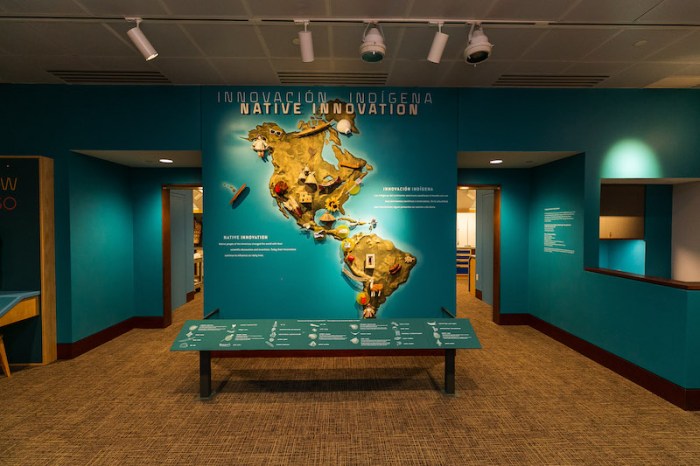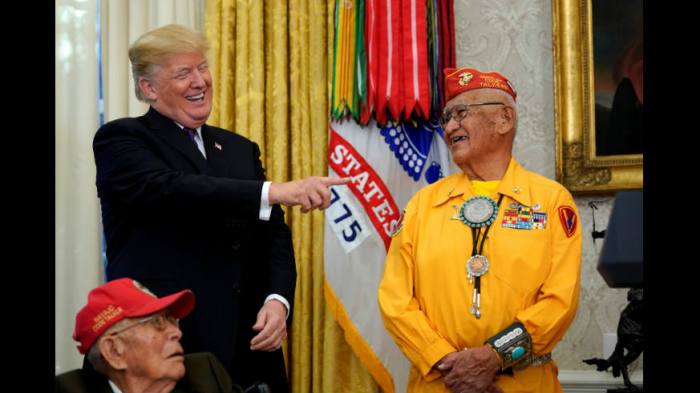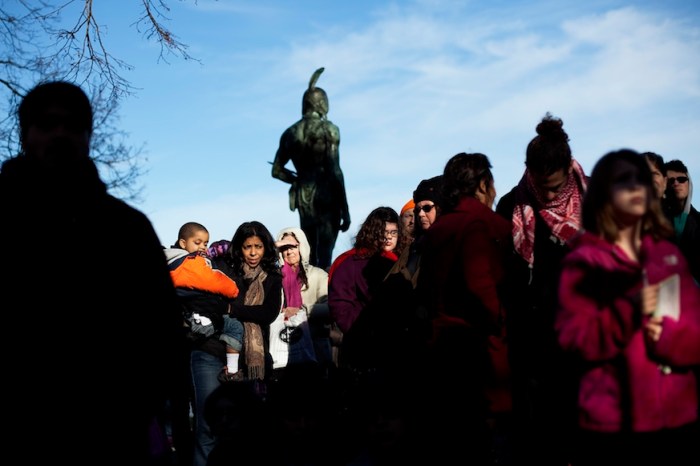Those who think New York City’s connection to its indigenous peoples may have ended in 1626 when they sold Manhattan to the Dutch for trade goods might be surprised to know there are, according to Census data, 110,000 New Yorkers who self-identify as Native Americans.
Many of them seek out the city-based American Indian Community House (AICH), which turns 50 next year, for its housing, employment, health and advocacy services and cultural events like pow-wows, socials, workshops and more.
“It’s things people are familiar with, and even if they’re far from home, they’re still feeling a sense of native identity here in the city,” said Rick Chavolla, AICH’s board chair. “We provide a sense of community and cultural sustenance for native people in New York. Most of us are not from New York, so it’s oftentimes a very difficult transition to come into a big urban area like New York City.”
A large portion of AICH’s work centers on finding ways the city can do better environmentally, and the organization supports local efforts toward renewable and solar energy, which are issues “that are not uniquely important to native people, but are very important, especially at this point around the environment and protection of native lands” well beyond city limits, Chavolla said.
The Trump administration’s drastic shrinking of acreage at Bears Ears National Monument in Utah and other environment-affecting measures like advancing the Keystone XL and Dakota Access pipelines has brought a heightened sense of urgency to the nation’s indigenous community and its supporters — and a significant loss of funding.
“We know nationwide there’s a loss of support for native centers since this administration came in, and we’re convinced it was politically motivated,” Chavolla said. “It causes mental and spiritual anguish for a lot of our folks, but people want to get active and involved in advocacy and the resistance movement.”
As part of the movement, Chavolla and Dr. Anne Klaeysen of Ethical NYC will head a panel entitled “Environmental Wisdom and Strategies from Indigenous Leaders,” at the American Ethical Union’s 103rd Annual Assembly in Albuquerque this week, which “will focus on how the largest city in the country maintains a connection to indigenous land, indigenous environment, priorities and Mother Earth and continues to advocate for the protection of the environment,” Chavolla said.
For more info, visit aich.org.























